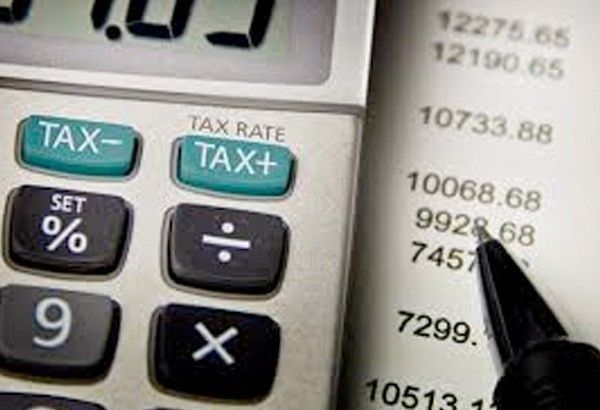Bill filed lifting bank secrecy in tax cases

MANILA, Philippines — Quirino Rep. Dakila Carlo Cua is heeding President Duterte’s call for the filing of a bill lifting bank secrecy in tax cases.
Cua has filed House Bill 7105, which seeks to allow the Bureau of Internal Revenue commissioner to look into information held by financial institutions for tax-related purposes.
“I hope that my colleagues in the House of Representatives and Senate can reconsider their position on the relaxation of bank secrecy,” he said.
He is one of the authors of the tax amnesty bill, which the President has signed into law as Republic Act 11213.
However, Duterte vetoed the provision granting a general amnesty on delinquent taxpayers.
In his veto message to Congress, the President said a general amnesty that is “over-generous and unregulated” would “create an environment ripe for future tax evasion,” which the law seeks to address.
He said he was thus asking lawmakers “to pass another general tax amnesty bill that includes the lifting of bank secrecy for fraud cases.”
Rep. Mikee Romero of party-list group 1-Pacman, also an author of RA 11213, said an amnesty on overdue taxes on estate or inherited property and other assets was carried in the law.
The estate tax relief would benefit thousands of families with inherited properties, he said.
“Many Filipino families will soon be able to build new homes, renovate their old residences, and use their real property for small business because of the estate tax amnesty provisions of the new law,” he said.
He added that the law reduces estate tax from the previous high of 20 percent to a uniform six percent, regardless of the value of the inherited property.
Romero pointed out that aside from the substantially reduced tax, heirs could avail themselves of deductions under the Tax Reform for Acceleration and Inclusion Law, like the maximum P15 million for a family home.
“For many Filipino families, the only asset they have is a house or a lot inherited from their parents or grandparents, which they have not been able to transfer, sell or develop due to prohibitive rates of taxes,” he stressed.
He said if these families have a sizeable lot, they could opt to sell part of it to real estate developers, go into small businesses or build apartments for rent.
They could apply for financing from PAG-IBIG or even banks, he said.
He said RA 11213 also sets aside from expected revenues P500 million to be used by the Bureau of Internal Revenue (BIR) to create a database using all information it could gather from every taxpayer who avails himself of the amnesty.
He added that the BIR could use such data to improve tax collection.
The Department of Finance is expected to soon issue the implementing rules and regulations of tax amnesty law.
- Latest
- Trending






























